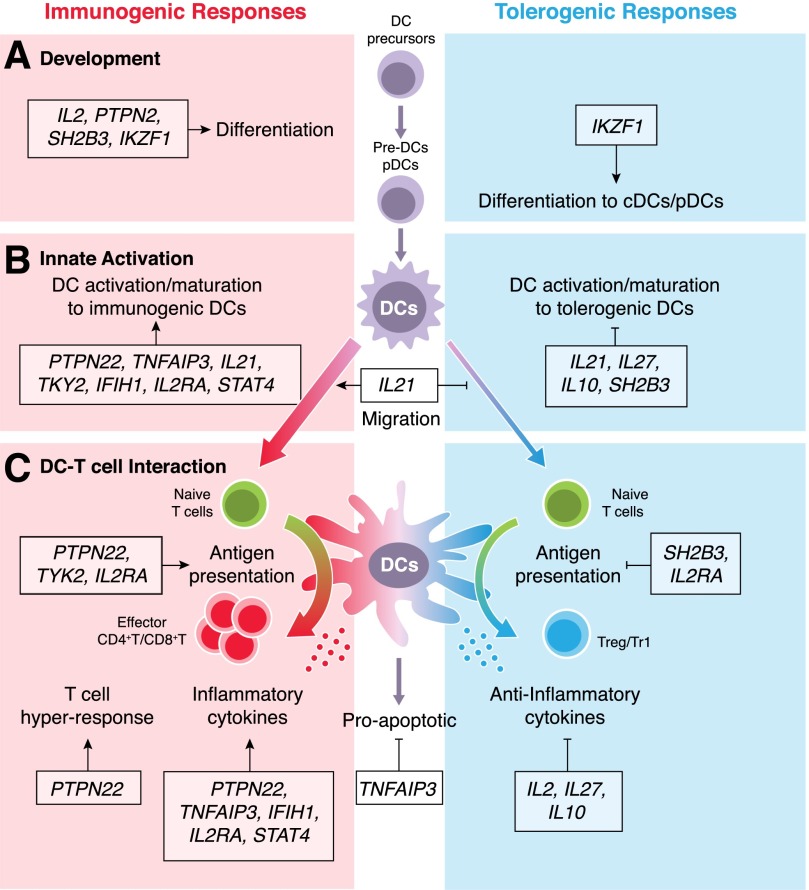Figure 2. Potential roles for T1D susceptibility genes in DC development and their function that may alter tolerogenic balance.
T1D variant genes may affect multiple stages of DC development and function. It is not always clear whether the susceptible allele increases or decreases protein function, but the net result may be to either increase immunogenic responses or inhibit tolerogenic responses. Here, we classify 13 of the T1D susceptibility genes that are predicted to be expressed in DCs into 3 processes: DC development (A), innate activation (B), and DC-T cell interaction (C). Some key genes are discussed further in the text. (A) DC development in the bone marrow; Hematopoietic DC precursors differentiate into immature DC population. cDCs arise via pre-DCs, which migrate through the blood stream to lymphoid and nonlymphoid tissues, where they terminally differentiate. (B) DCs actively acquire either immunogenic or tolerogenic profiles under the control of distinct signature genes. The migration to lymph tissues also can promote immunity. (C) Antigen processing, presentation, and cytokine production in DCs and other APCs are also affected by T1D genes, which, in turn, affect T cell differentiation. DCs can undergo apoptosis to discontinue T cell activation.

